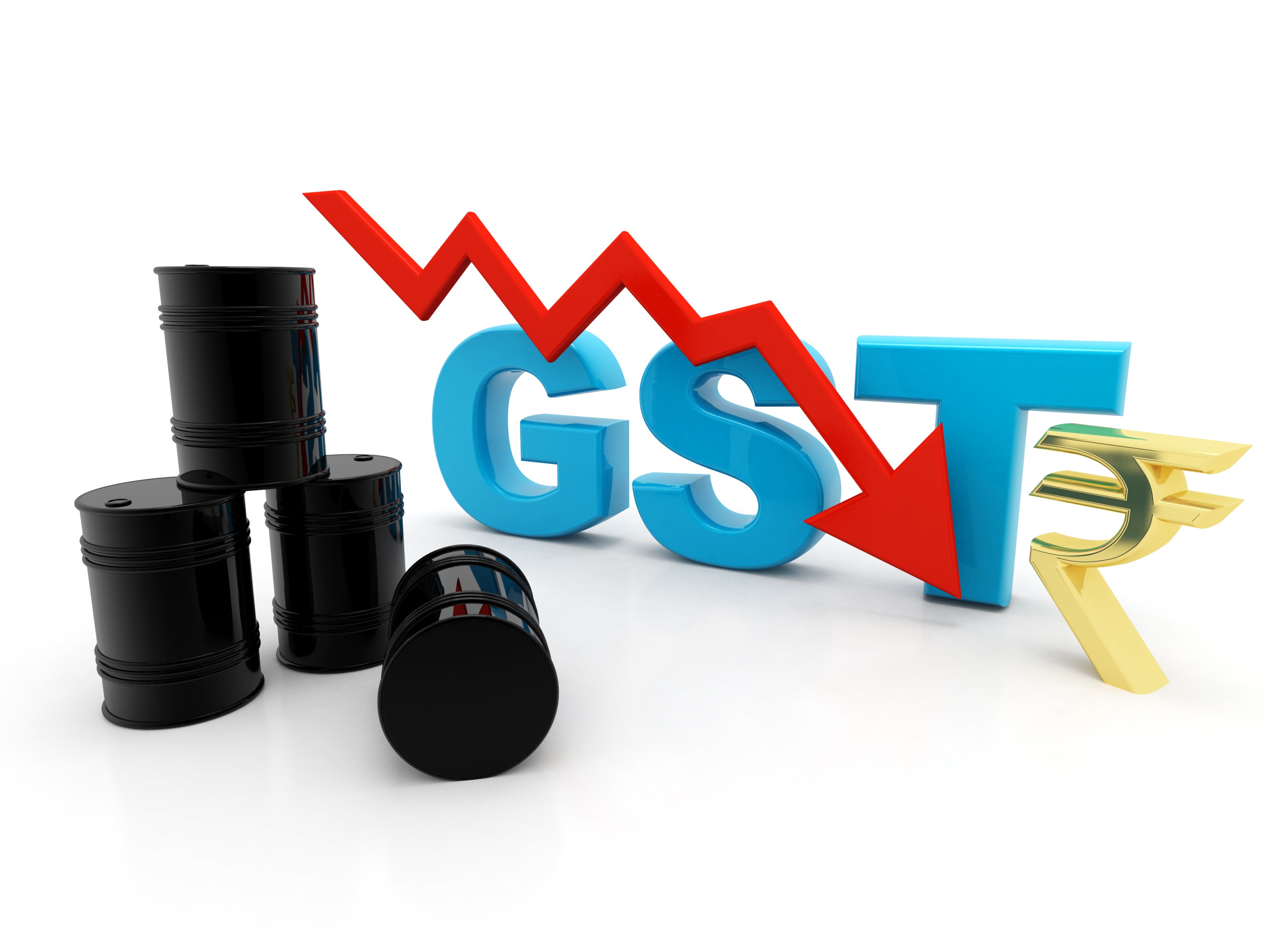It’s been five days since the 40th GST Council meeting was held via video conferencing. Hon’ble Union FM Nirmala Sitharaman announced a significant late fee relaxation for past defaulters of GSTR-3B filing, provided these are filed between 1st July 2020 to 30th September 2020.
The period of default covered is from July 2017 to January 2020, i.e. since the inception of GST. The decision classifies the taxpayers as those with some tax liability and those with zero tax liability/nil GSTR-3B for the above period.
Taxpayers who must file a nil GSTR-3B for any of the months within the period mentioned above do not have to pay any late fee. Whereas, those taxpayers who are having some tax liability during these months can get a reduction in the maximum cap of late fee.
Such taxpayers must pay a late fee of Rs 50 per day for every day’s delay starting from the original due dates, up to a maximum of Rs 500 per return. The earlier figure was Rs 10,000 per return.
The move has given rise to two points of resentment. Firstly, there is no mention about those taxpayers who already paid tax dues along with a late fee for the above period of default. It has raised many eyebrows, especially of those who have ended up spending huge amounts on the late fee for the past returns.
These taxpayers now demand reimbursement or refund of the late fee charged by arguing that this is otherwise an injustice to them. The same sentiment is found resonating among several tax professionals as well.
Secondly, taxpayers are in a fix about the last dates for filing GSTR-3B without late fee from February to April 2020 falling before 1st July 2020. Any delay in filing beyond these last dates will attract interest at 18% p.a. and a late fee levy for every day of delay from the original due dates, i.e. 20th March 2020 (being the earliest).
Also Read: 40th GST Council Meeting: Late Fees Waived on GST Returns, Interest Rates Slashed
Under GST, one cannot proceed to file a particular month’s return without submitting all the past returns. Since the late fee waiver will only be made functional from 1st July 2020, taxpayers are worried about whether or not to file these returns.
The taxpayers with an annual turnover of up to Rs 5 crore may still be less affected, but the rest of the large taxpayers will be highly inconvenienced. This is because the GST Council has also reduced the interest rate by half, to 9% p.a. for taxpayers with an aggregated turnover of up to Rs 5 crore from February to April 2020. The reduced rate is applicable only if they miss the deadline of 6th July 2020 ( being last of the staggered dates) but file before 30th September 2020.
However, the late fee continues to apply for them too. Yet, all the taxpayers who have pending returns to file anytime since July 2017 must take a cautioned call and make their due submissions.
Narinder Bhamra, the president of Fasteners Manufacturers Association of India, stated in an interview to the ‘Times of India’ publication, that his association would vehemently oppose and raise their voice against the late fee waiver move.
The Knitwear Club’s Finance Secretary, Harish Kairpal reiterated that they are not against the late fee waiver for those taxpayers who are yet to file their past returns but would seek some relief for those who complied by paying a substantial late fee.
Also, several tax professionals have voiced their concerns about the date of implementation of the late fee waiver announcement from 1st July 2020 and not before that date. The taxpayers must be given a fair chance to come forward and file their due returns without putting them in a spot.
In conclusion, the above decisions of the GST Council are yet to come into effect since the CBIC has not notified them as of today. Taxpayers are hoping that the government and tax authorities look closely into the above matters and points of inconsistencies to provide better clarity to the tax community at the earliest.
For any clarifications/feedback on the topic, please contact the writer at annapoorna.m@cleartax.in.
Annapoorna, popularly known as Anna, is an aspiring Chartered Accountant with a flair for GST. She spends most of her day Singing hymns to the tune of jee-es-tee! Well, not most of her day, just now and then.





